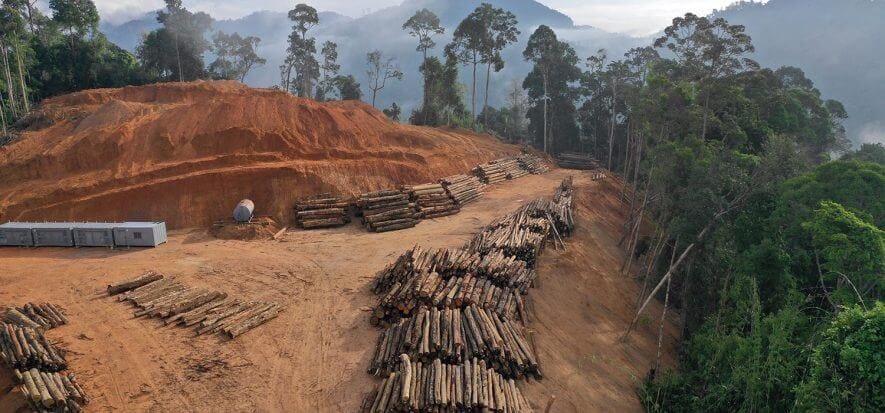A Regulation that “sets objectives that Italian tanners fully share”. But, at the same time, a regulation that threatens the Italian leather sector. UNIC – Italian Tanneries and the trade unions – FILCTEM CGIL, FEMCA CISL and UILTEC UIL – are launching a real “alarm about the present and the future of the national leather supply chain”, as stated in a joint note. Subject: the now well-known EU Anti-Deforestation Regulation No. 1115/2023 (EUDR).
UNIC and trade unions
“The Italian tanning sector”, the document continues, “is experiencing an extremely complicated and very negative economic phase”. To the point that “it is facing an extremely worrying scenario, where the possible consequences for the leather supply chain of the entry into force of the EU Anti-Deforestation Regulation at the end of the year stand out”. Therefore, “after having signed the hypothesis of the agreement for the renewal of the National Collective Labour Contract on 7 March last”, UNIC, FILCTEM CGIL, FEMCA CISL and UILTEC UIL “ask the national and EU institutions for urgent intervention”.
Intervene now
In other words, it is necessary “to avert the unnecessarily devastating impact of the EUDR on the Italian leather industry”. But also “to avoid heavy repercussions on employment levels in the sector, and to support the recovery of a virtuous economic system that is at the forefront on the international scene”.
Shared objectives
EUDR “sets objectives that Italian tanners fully share, to the point that for years the Italian tanning industry has been strategically committed to improving supply chain traceability and contrasting any possible deforestation”. There is, however, one major problem. “The current wording of EUDR, however, requires that operators selling bovine hides in the EU must verify that they come from non-deforested areas”. How? Through “the application of traceability tools that, to date, are totally inadequate, if not unavailable, and unsuitable to meet unnecessarily strict and stringent requirements”.
Industrial desertification risk
“In this form and with this timing”, concludes the joint note, “EUDR could, therefore, have the disastrous consequence of the depopulating the economic and social fabric of the sector”. An extremely paradoxical consequence, because it would make “its circular activity of recovering and transforming raw hides impracticable”. In other words, under the current conditions, EUDR defeats “its own purposes, since it would not contribute in the slightest to the real fight against deforestation, at the same time favouring the competitive dumping of non-European countries”. The message is clear. The alarm, too.
Read also:











